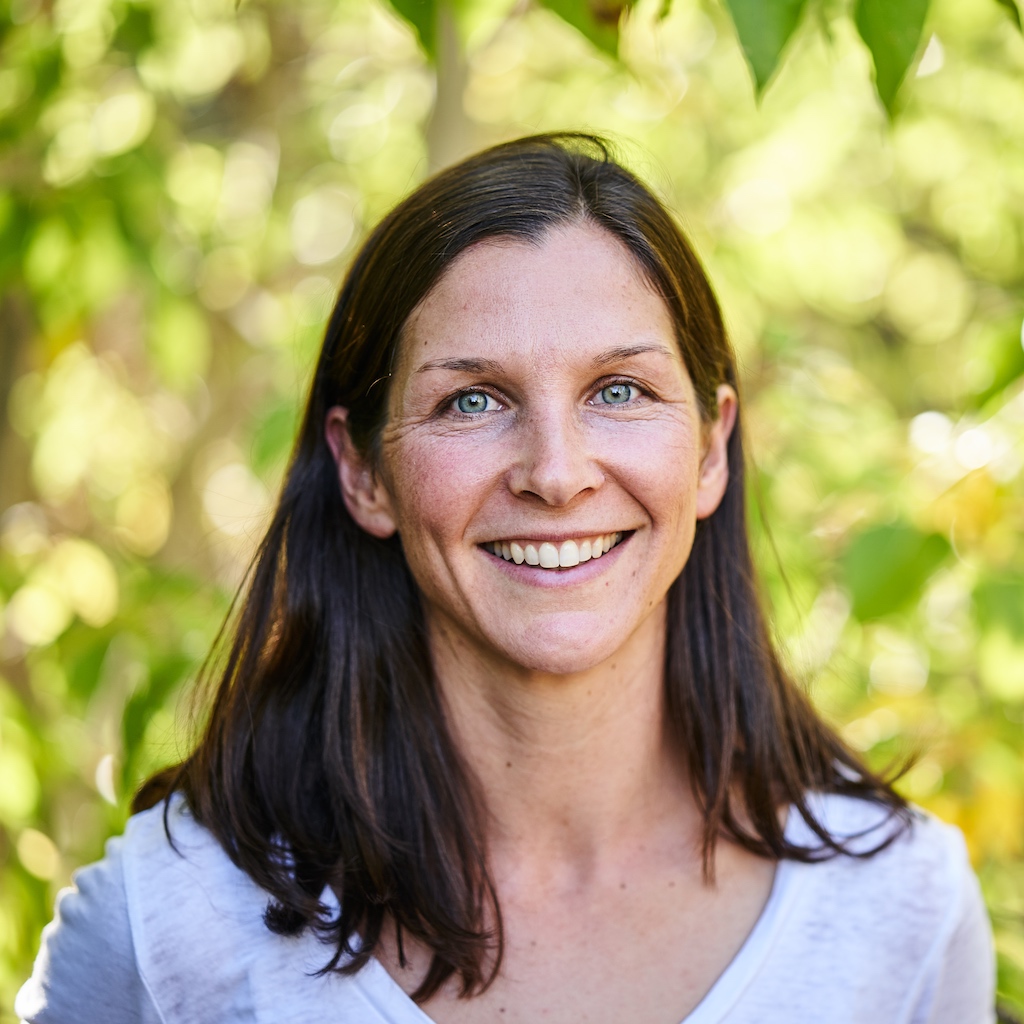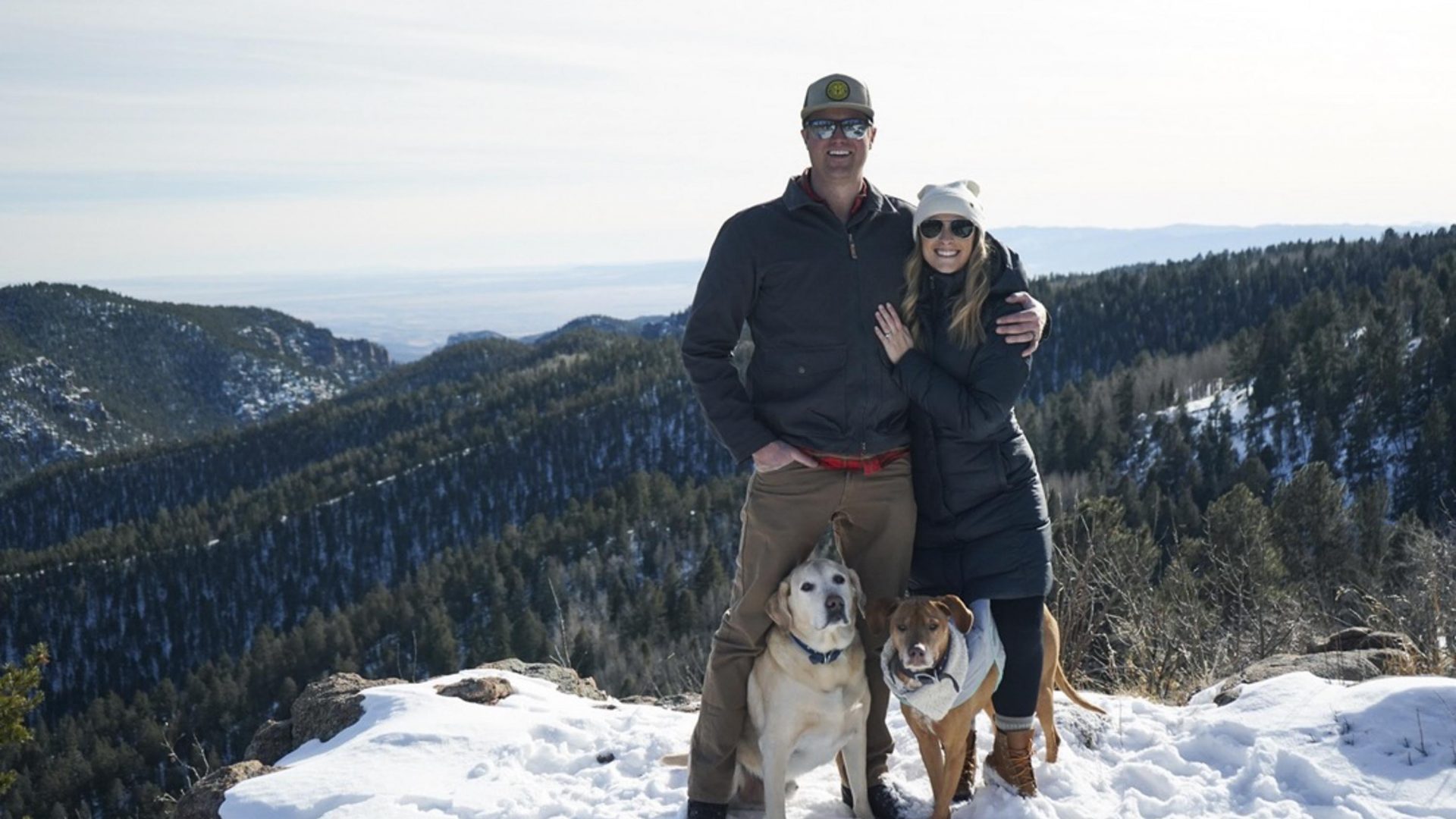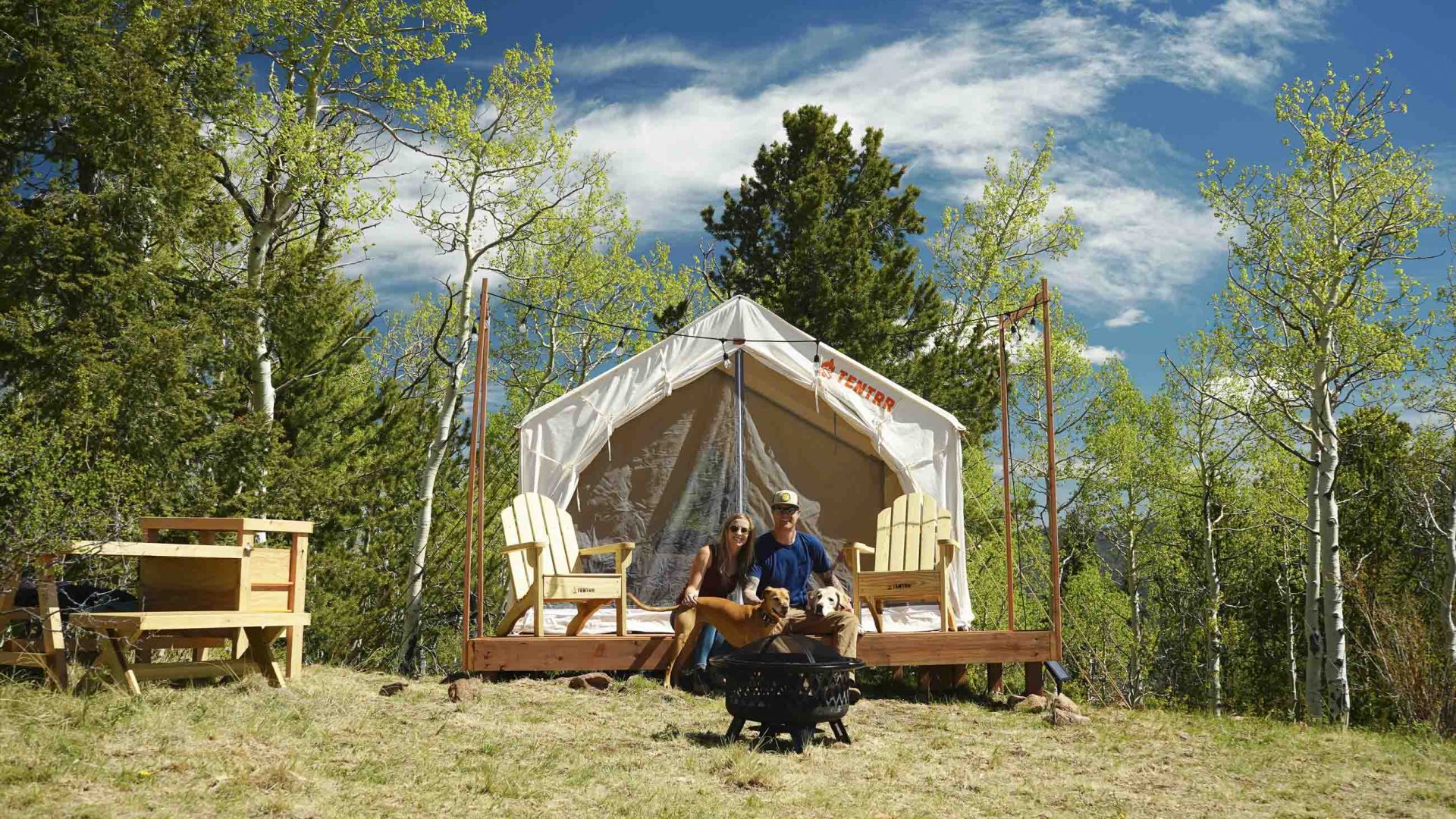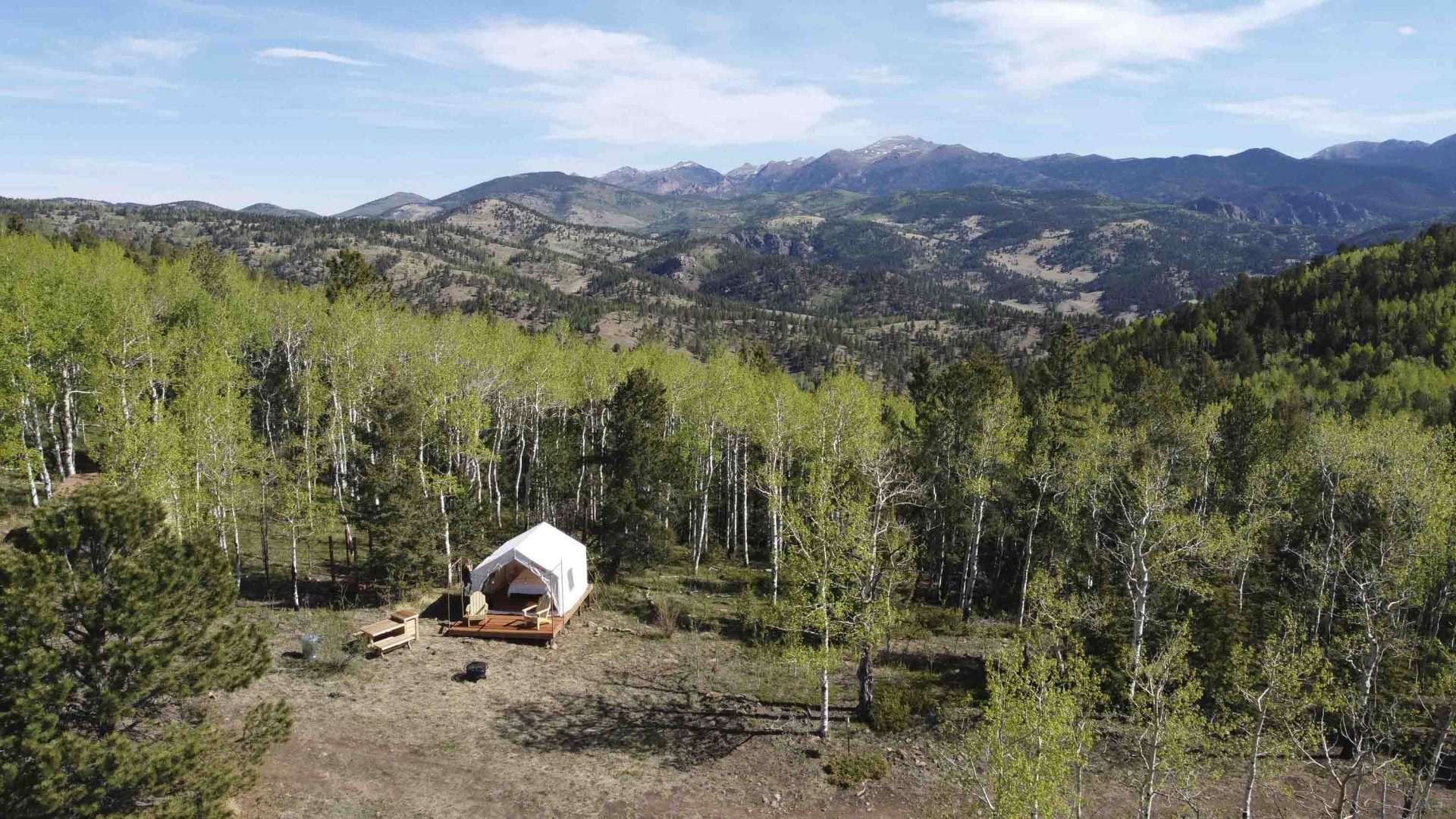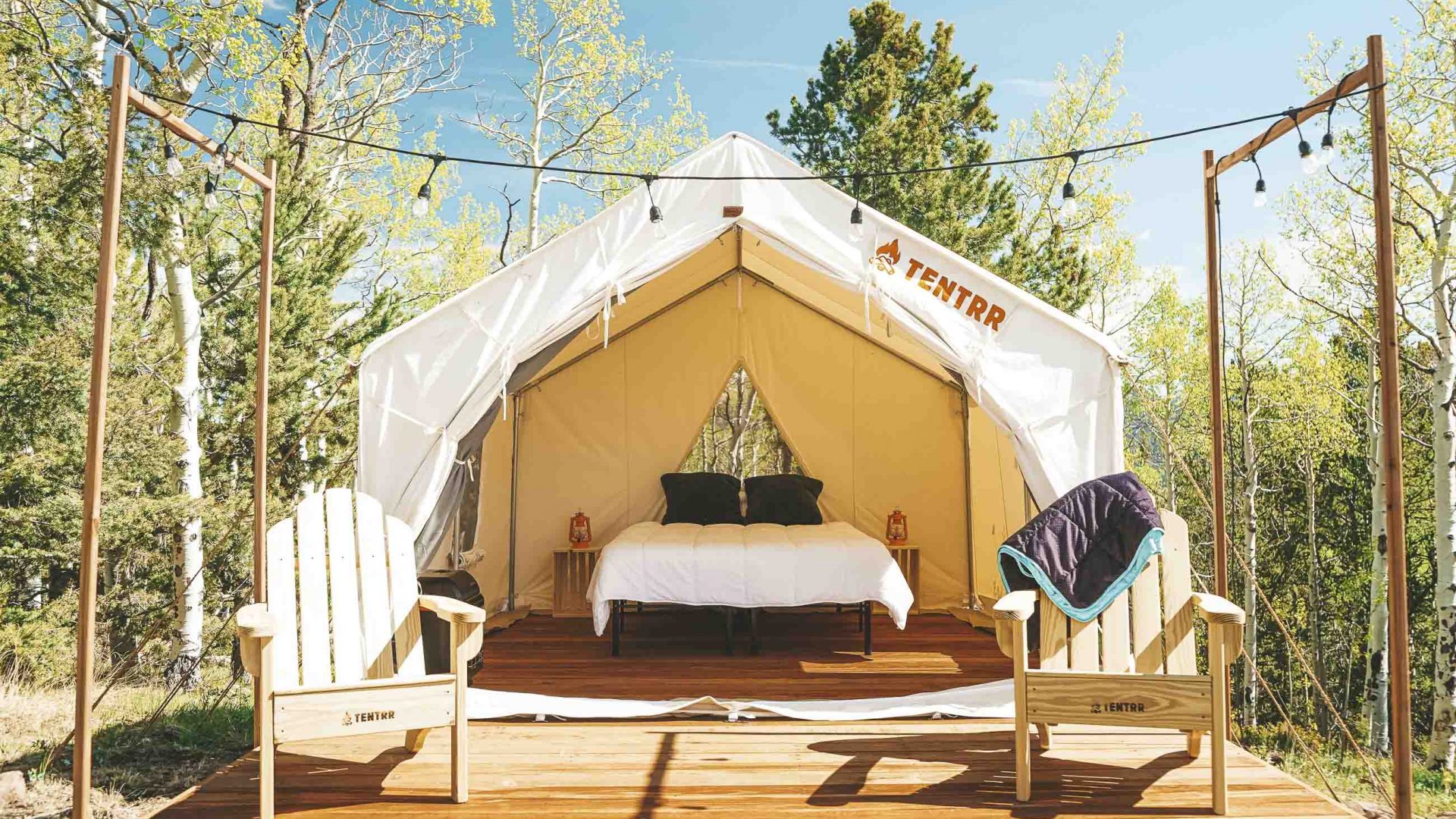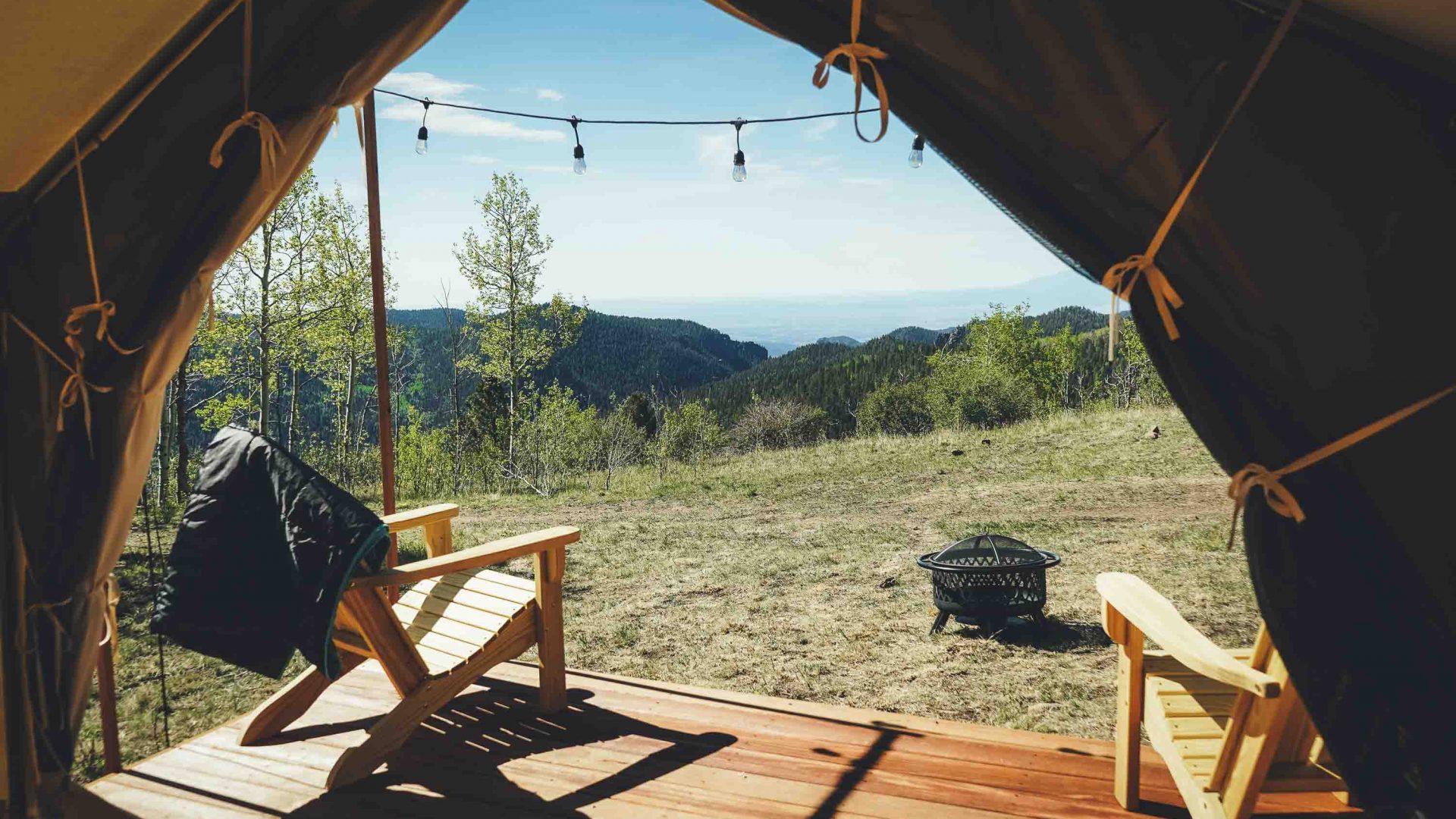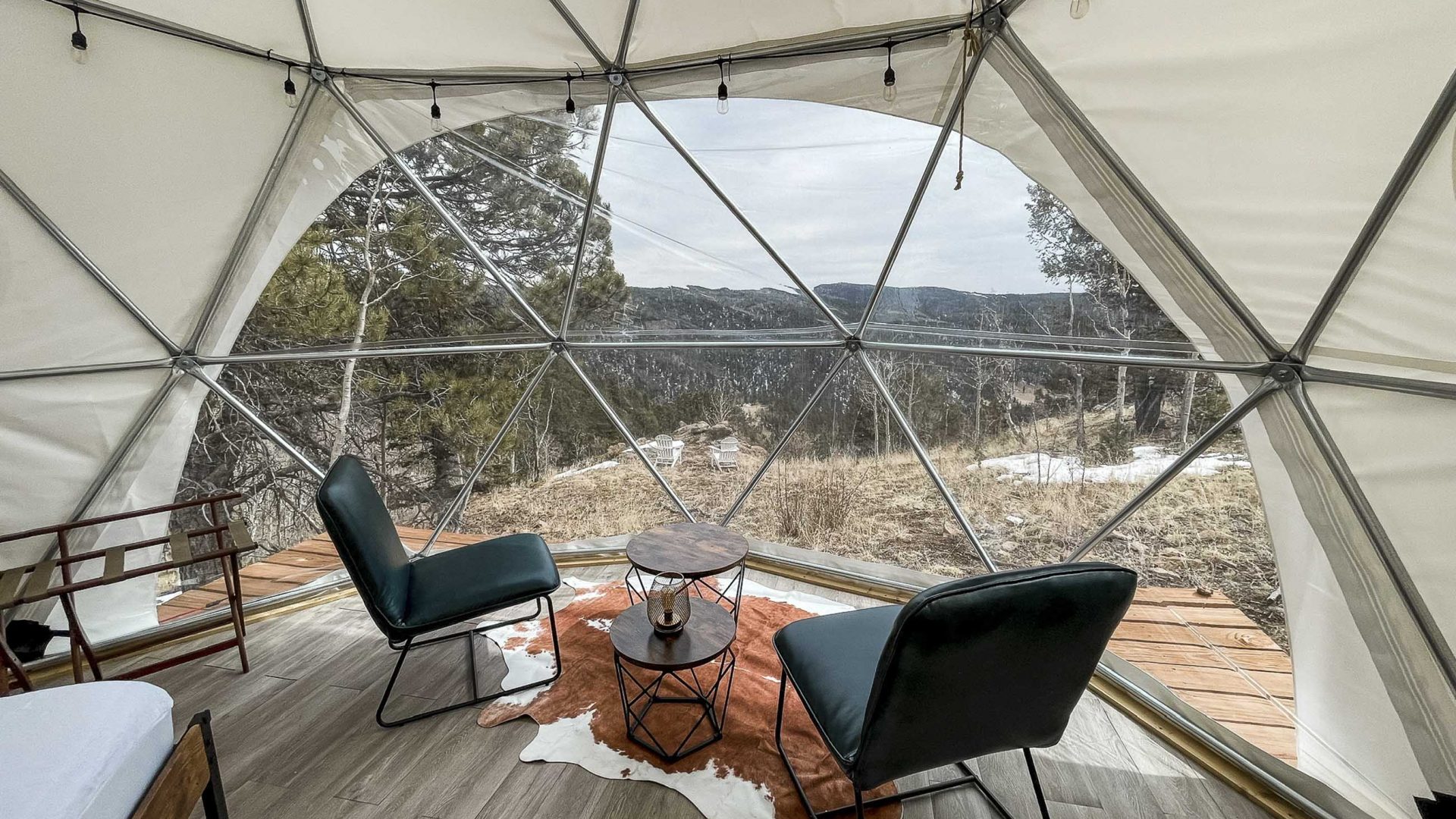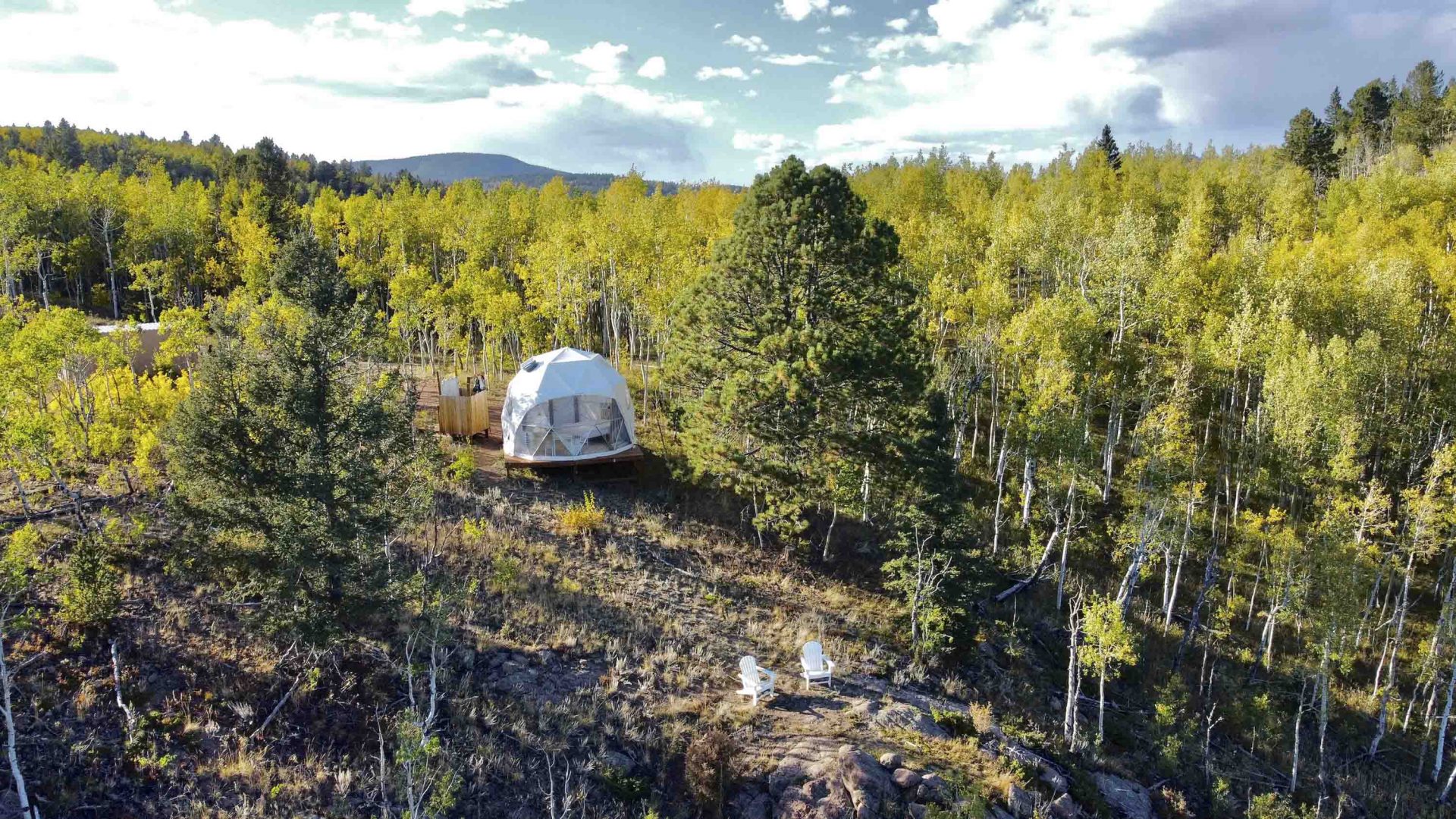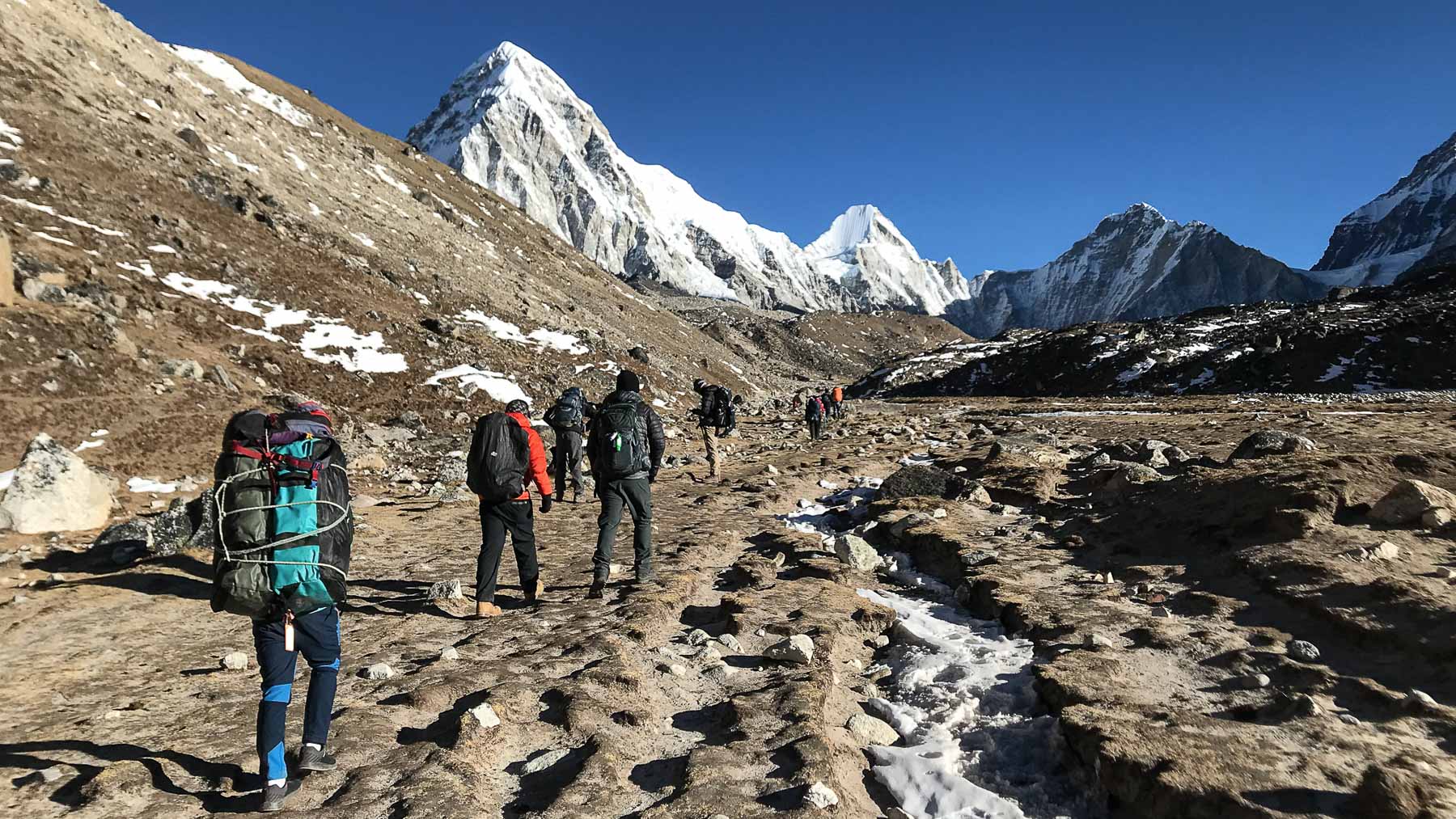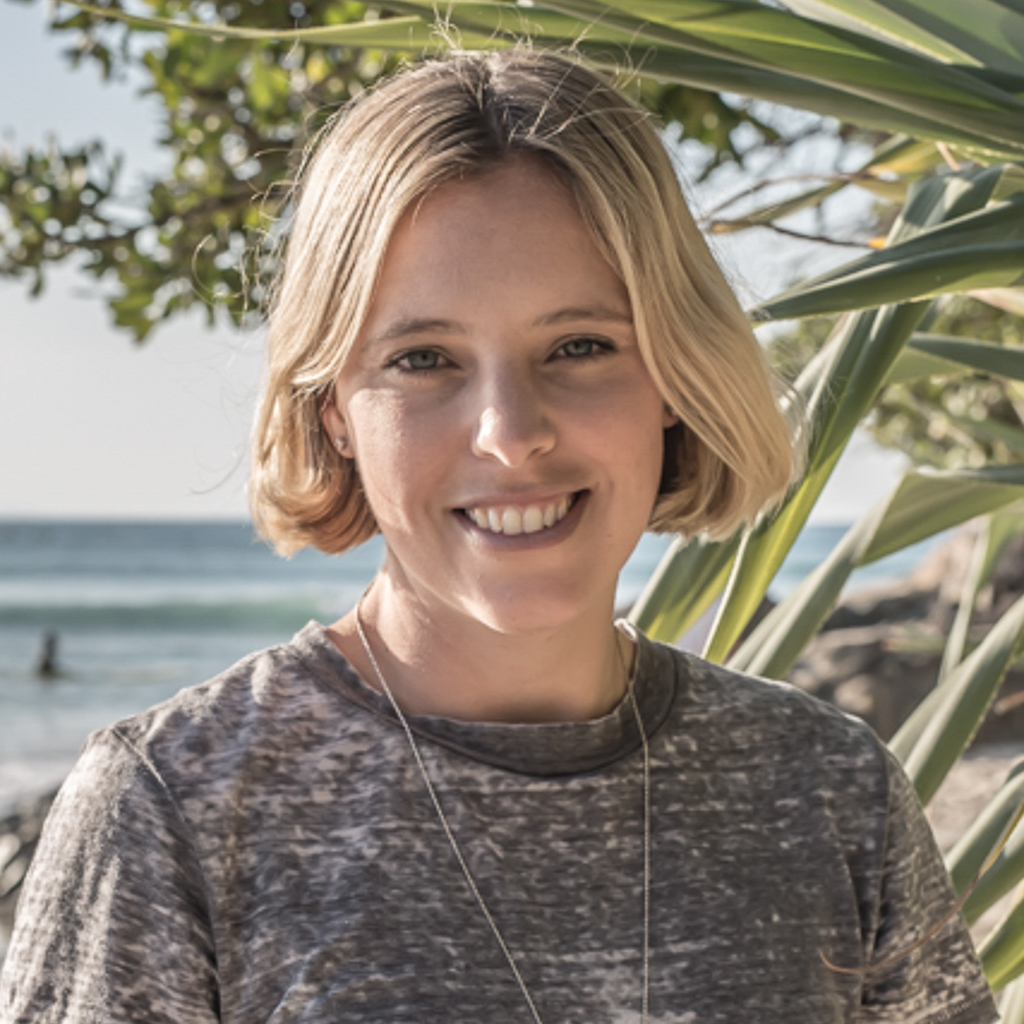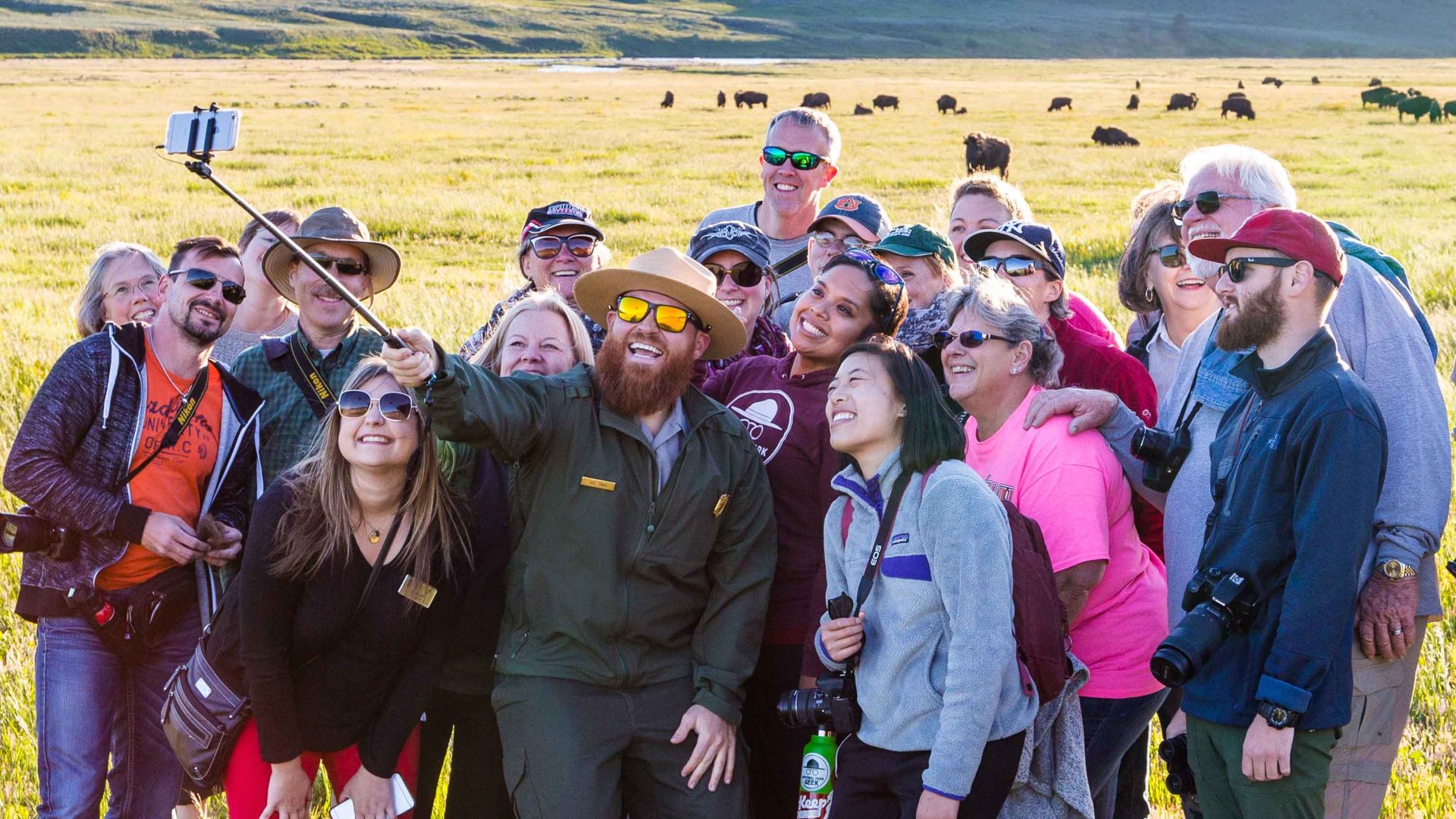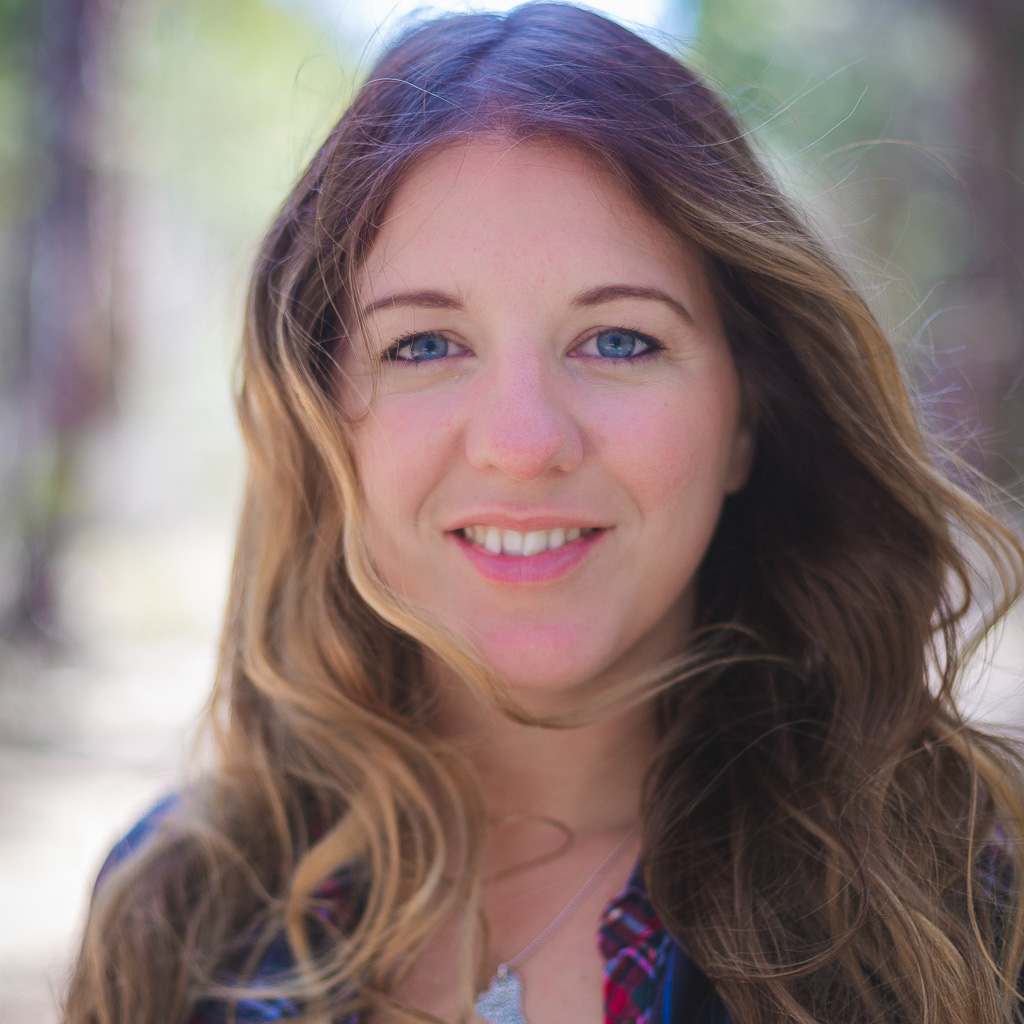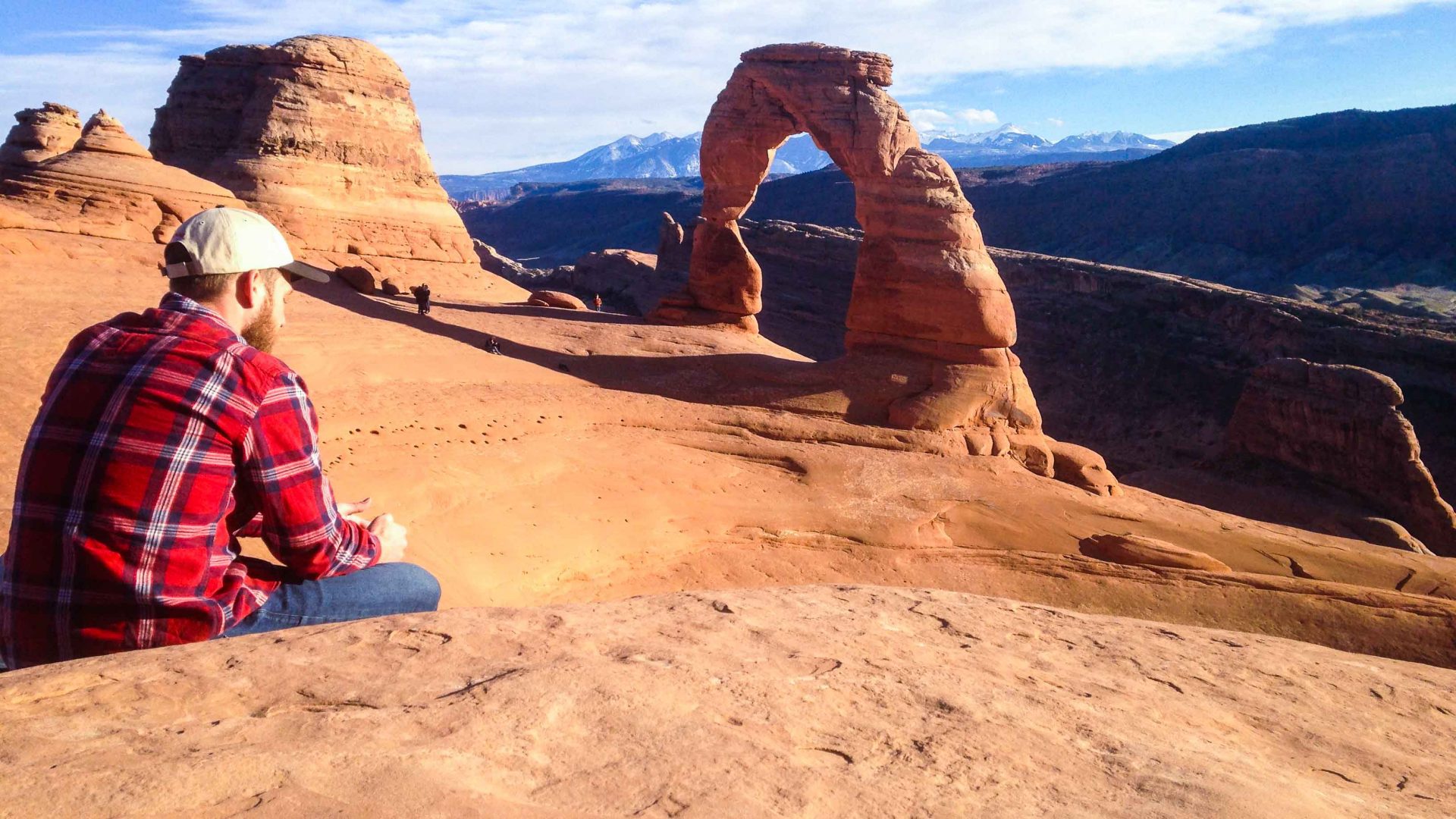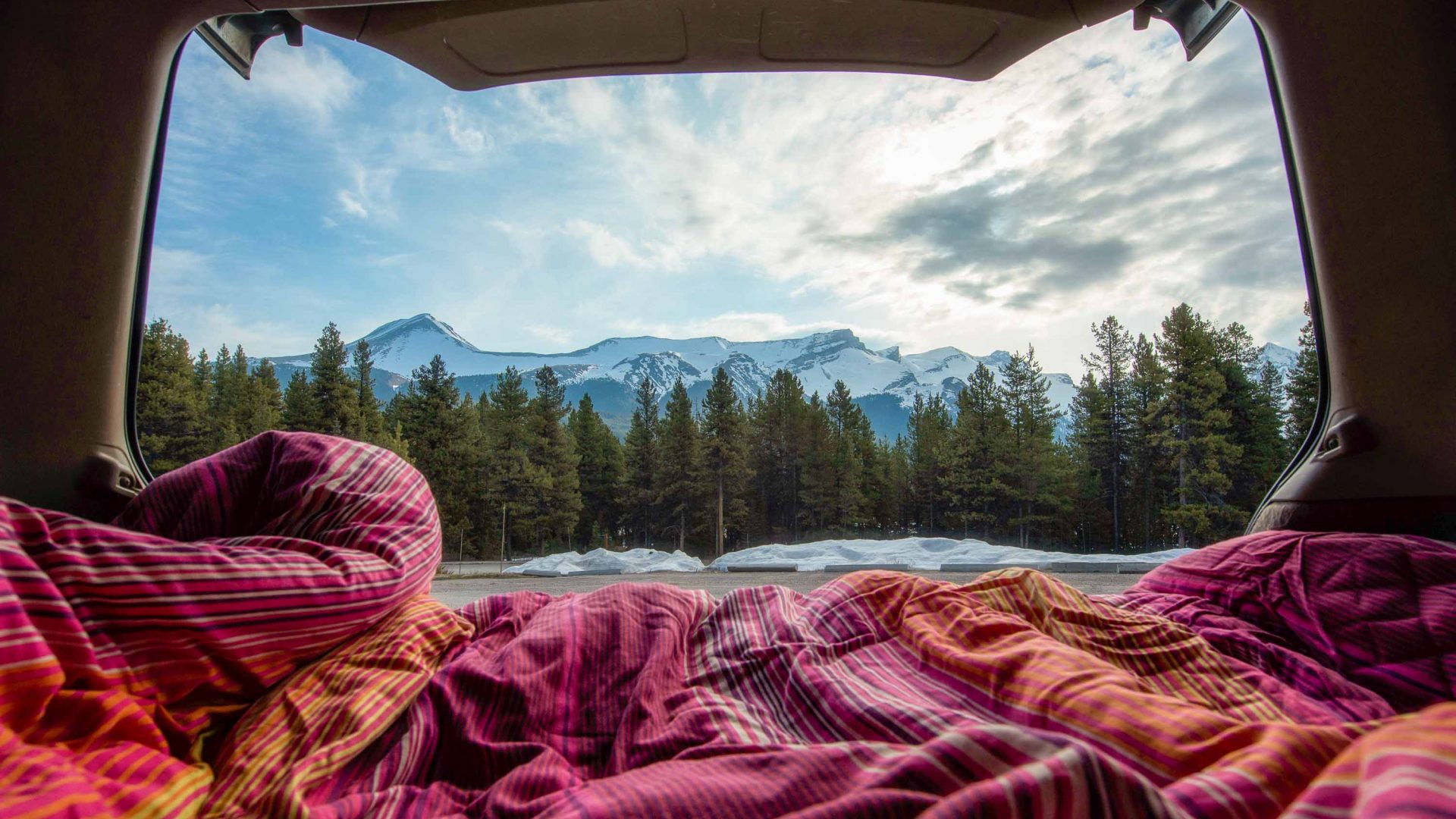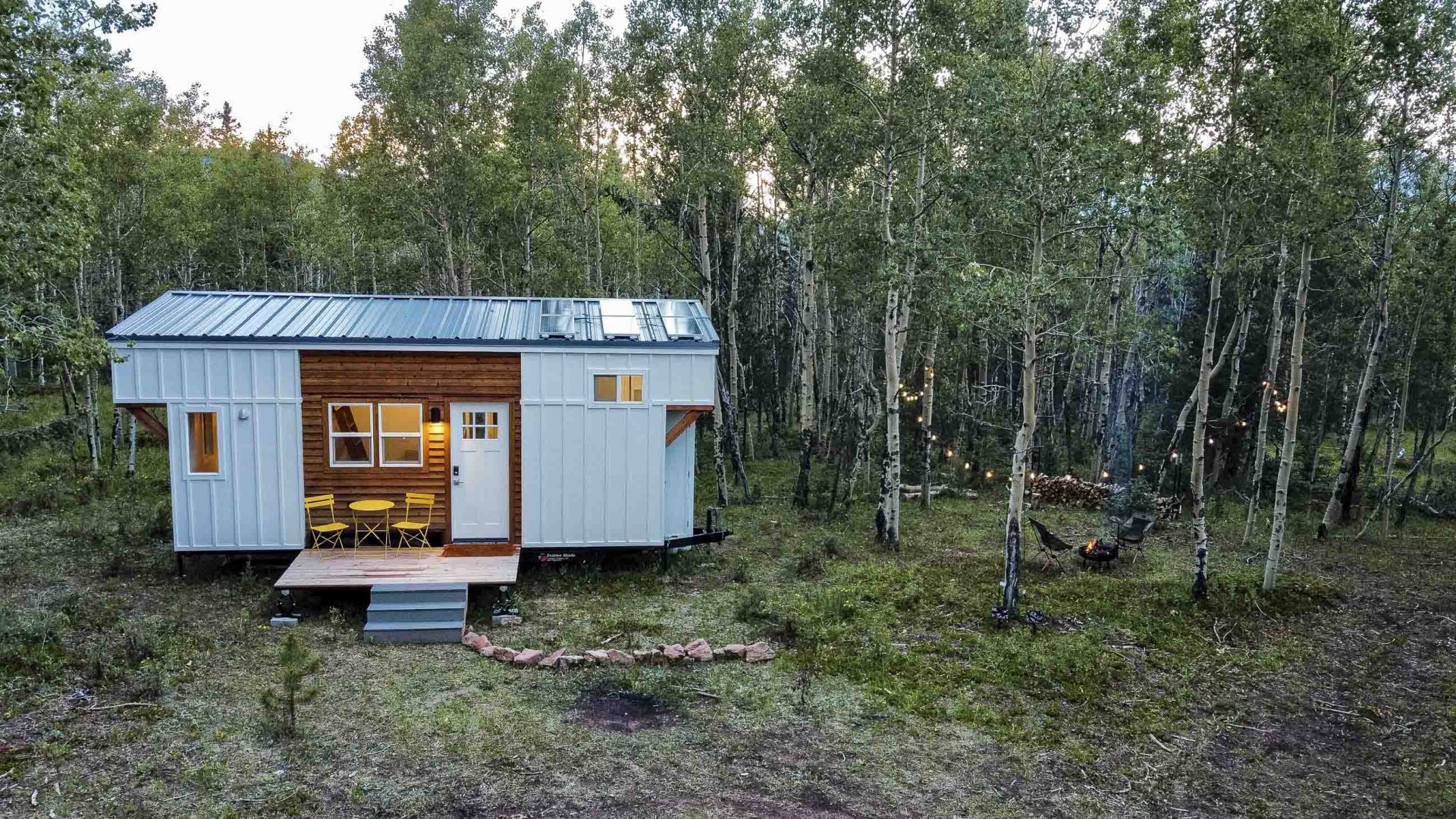
Public campsites in the US are facing peak use—and the pressure is on to keep recreational land open to all while still protecting natural resources from overuse. Journalist Megan Michelson makes the case that when private landowners open their grounds up to campers, it’s a win for all of us.
Jeff and Rachel Popp wanted a piece of land to call their own. It was the fall of 2019, and the Denver-based couple dreamed of building a cabin in the mountains of Colorado.
After a few months of searching, they found the perfect site. Forty acres covered in Aspen trees with a view you could linger over, near Victor, Colorado—an old mining town, population 250. This isn’t a popular tourist area by any means, but it’s not hard to get to either—only about an hour’s drive west of the hub of Colorado Springs.
“We got this flat, usable land, which is hard to find in Colorado,” says Jeff, who grew up in the town of Golden, near Denver. The only problem? They got more land than they needed for one small cabin. “Since we ended up with all that land, we saw the opportunity to share it with others, monetize it, and still enjoy our own space,” he says.
Besides, Jeff and Rachel (both avid campers) were seeing first-hand how hard it was to find available campsites in Colorado, especially within a couple of hours from Denver. They figured they could offer would-be campers a quiet, easy-to-reach place to get away. “Our favorite places, which once felt off the radar, were now packed,” Rachel says. “For us, it was like we have this cool spot where we can go camp, but we could also share this experience and this special place with others.”
So, they did.
